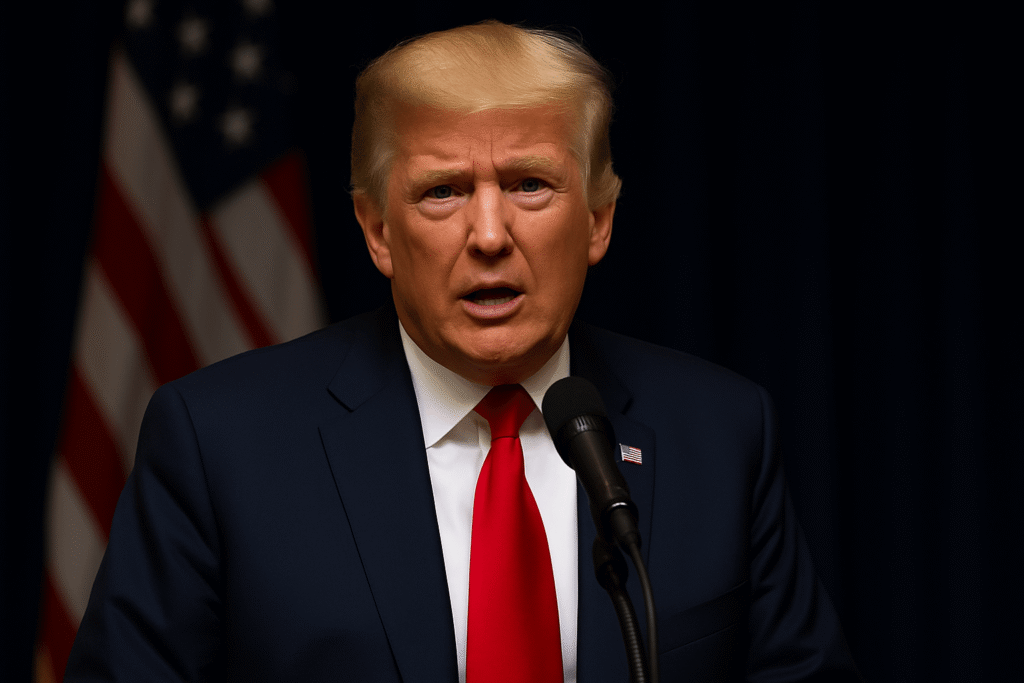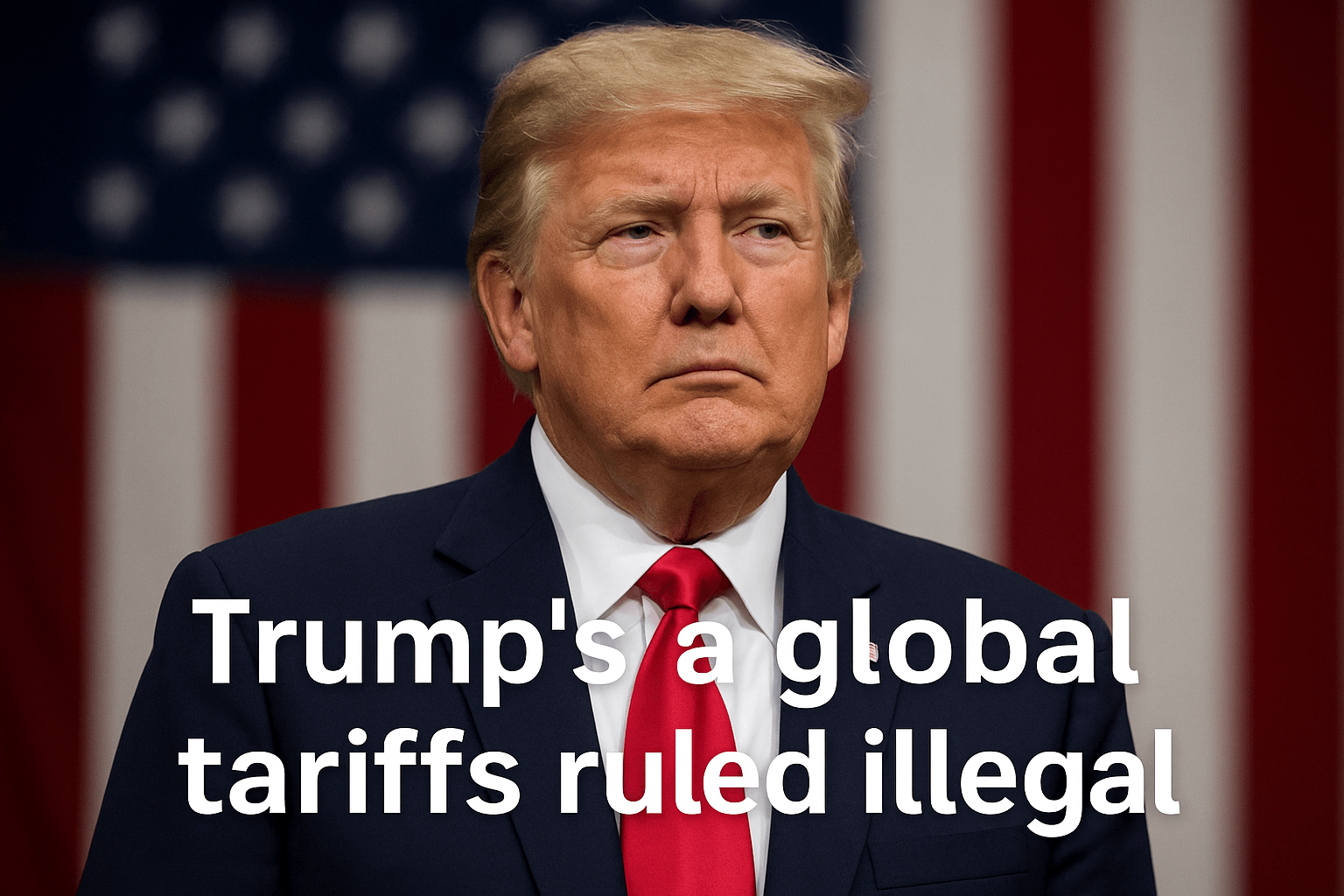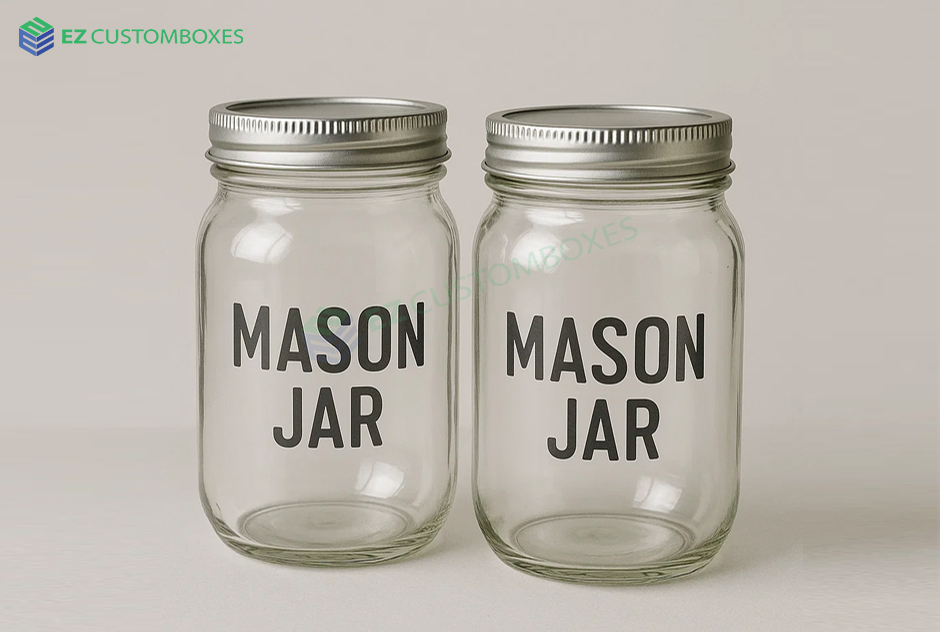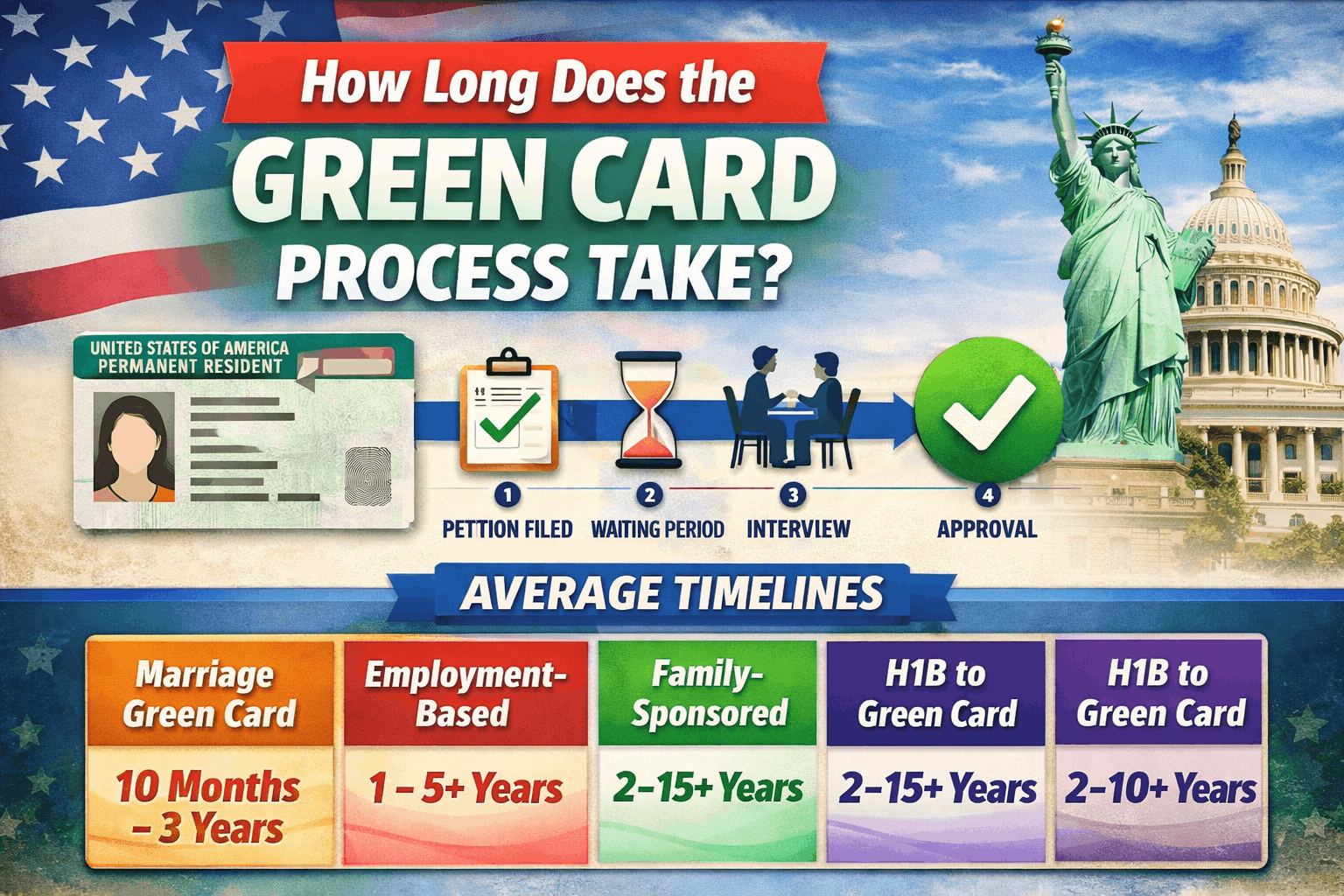|
Getting your Trinity Audio player ready... |
A prospective legal battle that might topple US President Donald Trump’s foreign policy agenda has been set up after a US appeals court declared that the majority of his tariffs are unlawful. This ruling on Trump’s global tariffs ruled illegal has sent shockwaves through Washington and the international business community.

he decision affects Trump’s “reciprocal tariffs,” which are taxes on most countries throughout the world. It also adds more duties on China, Mexico, and Canada. The US Court of Appeals for the Federal Circuit ruled 7-4 that Trump’s argument that the tariffs were legal under an emergency economic powers law was false.
In order to give the administration time to request that the Supreme Court take up the matter, the ruling will not go into effect until October 14. The Supreme Court’s decision on Truth Social was criticized by Trump, who stated: “If allowed to stand, this Decision would literally destroy the United States of America.”
“Today a Highly Partisan Appeals Court incorrectly said that our tariffs should be removed, but they know the United States of America will win in the end,” he stated. “It would be disastrous for the nation if these tariffs were to ever be lifted. We need to be strong because it would weaken our finances.
The International Emergency Economic Powers Act (IEEPA), which grants the president the authority to respond to “unusual and extraordinary” threats, was used by Trump to defend the tariffs. Trump claims that a trade deficit is detrimental to US national security, which is why he has declared a national emergency on trade. However, the court decided that levies are “a core Congressional power” and that the president does not have the authority to impose tariffs. The US Court of Appeals for the Federal Circuit declared the tariffs “invalid as contrary to law” in its ruling, rejecting Trump’s claim that the levies were allowed under his emergency economic powers.
IEEPA “neither mentions tariffs (or any of its synonyms) nor has procedural safeguards that contain clear limits on the President’s power to impose tariffs,” according to the 127-page opinion. Therefore, the court decided that Congress still has the authority to impose taxes and tariffs, and the IEEPA does not supersede this. It is improbable that Congress intended to “depart from its past practice and grant the President unlimited authority to impose tariffs” when it established the bill in 1977, the court ruled.
“Whenever Congress intends to delegate to the President the authority to impose tariffs, it does so explicitly, either by using unequivocal terms like tariff and duty, or via an overall structure which makes clear that Congress is referring to tariffs,” the judges stated.
The decision is the result of two cases brought by a group of US states and small companies. Following Trump’s executive orders in April that slapped “reciprocal tariffs” on dozens of nations and a baseline 10% duty on nearly all nations worldwide, the lawsuits were filed. The date was proclaimed by Trump as America’s “liberation day” from unfair trade practices.
The Court of International Trade in New York ruled in May that the levies were illegal tariffs. The appeal process caused that decision to be postponed. Along with those duties, Friday’s decision also invalidates levies on China, Canada, and Mexico that Trump claims are required to prevent medicine imports. Other tariffs, like those imposed on steel and aluminum, were introduced on a separate presidential authority, therefore the ruling does not apply to them.
White House attorneys contended before the decision that if Trump’s global tariffs ruled illegal were upheld, there would be a 1929-style financial meltdown, a stock market crash that sparked the Great Depression. “Suddenly revoking the President’s tariff authority under IEEPA would have catastrophic consequences for our national security, foreign policy, and economy,” they stated in their letter.
“The President believes that our country would not be able to pay back the trillions of dollars that other countries have already committed to pay, which could lead to financial ruin.”
The decision also calls into doubt trade agreements made by certain countries with the United States about lower tariff rates. Given the most recent development, the issue is now almost guaranteed to make its way to the US Supreme Court, which has recently expressed skepticism toward presidents who attempt to enact broad new laws without the express consent of Congress.
The court applied what it dubbed the “major questions doctrine” during Joe Biden’s administration to strike down Democratic attempts to utilize current legislation to reduce power plants’ greenhouse gas emissions and to eliminate student loan debt for millions of Americans.
If the nine justices of the highest court agree to hear the case, they might decide whether Trump’s global tariffs ruled illegal is adequately based on the law and presidential authority or if it is just another instance of presidential overreach. The White House may find comfort in the fact that only three of the court’s eleven judges were appointed by Republicans, despite the fact that the president lost the case in the appellate court.
There are six Republicans on the Supreme Court, three of whom were chosen by Trump himself.







